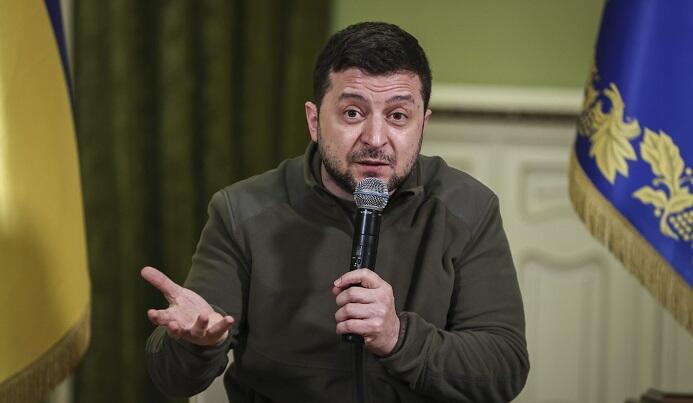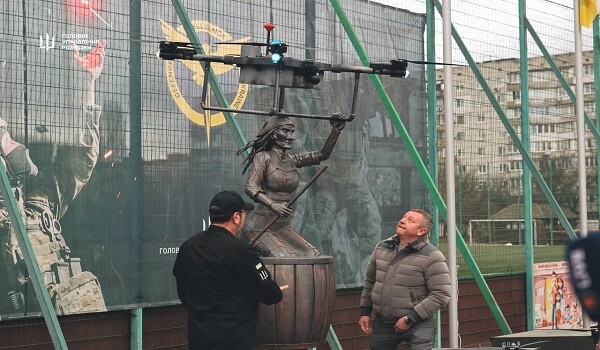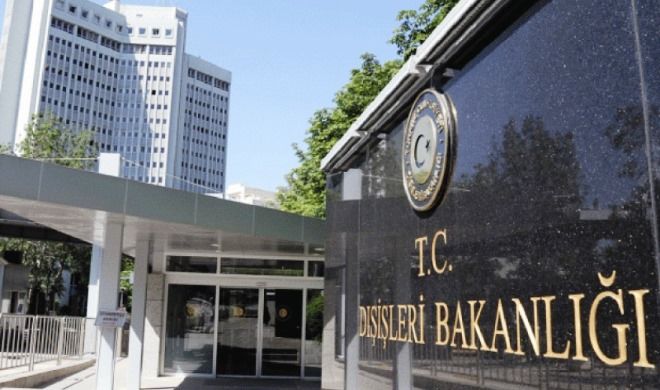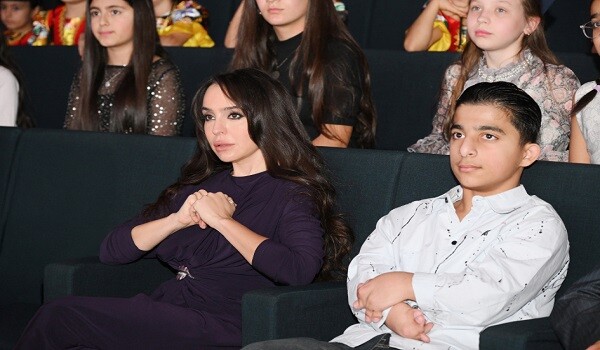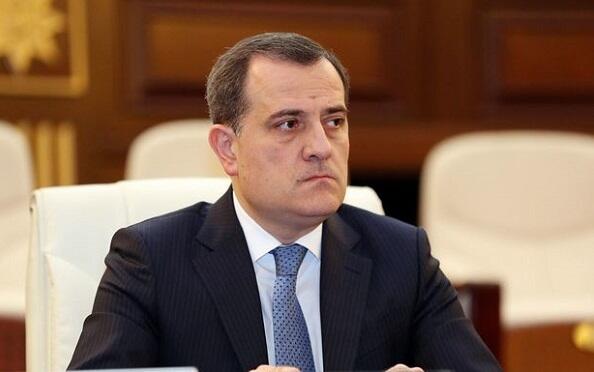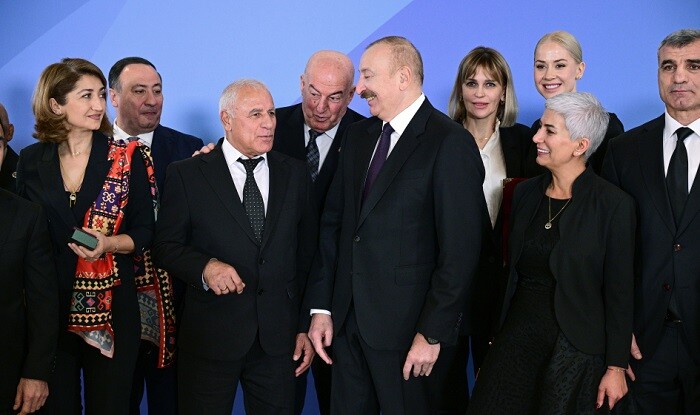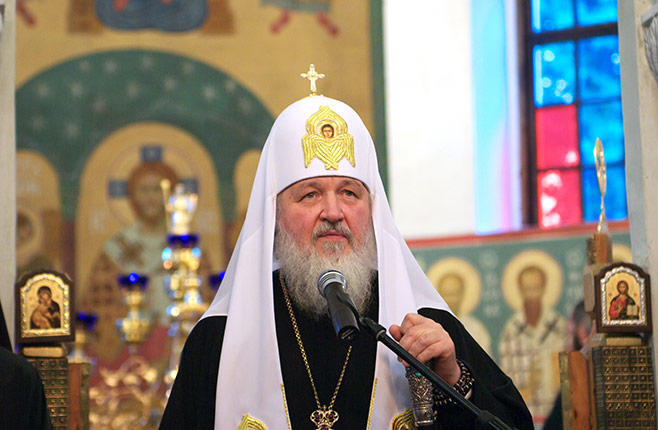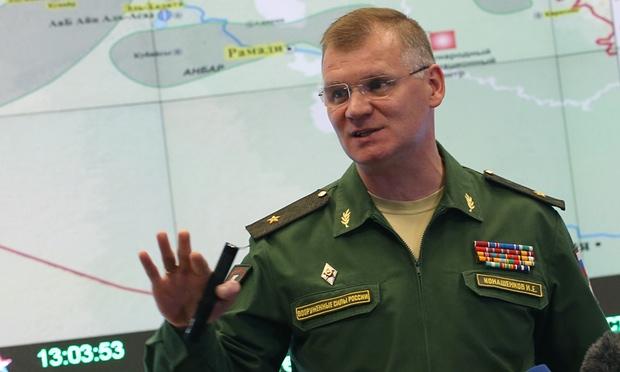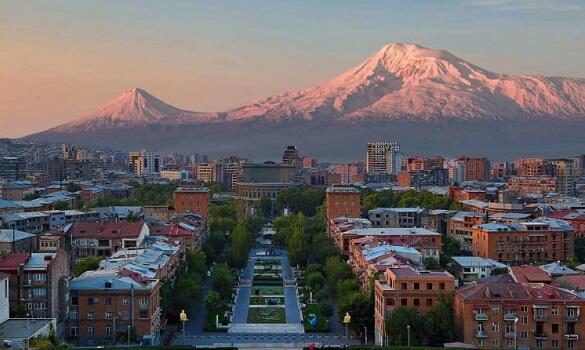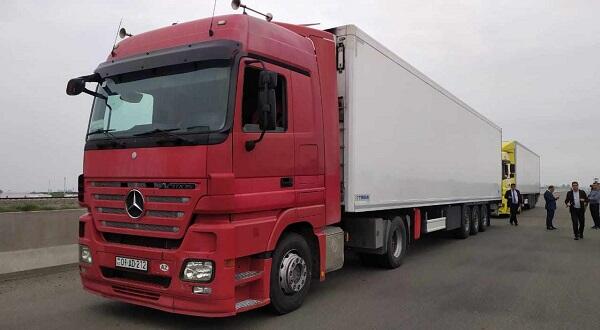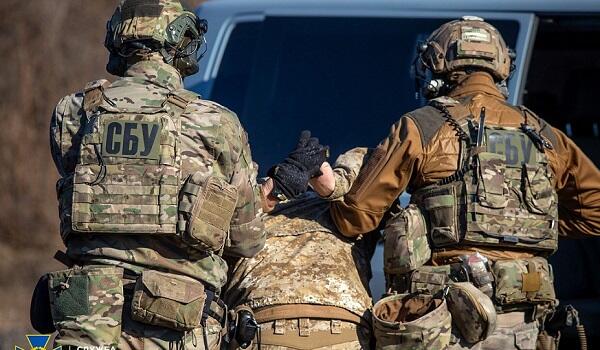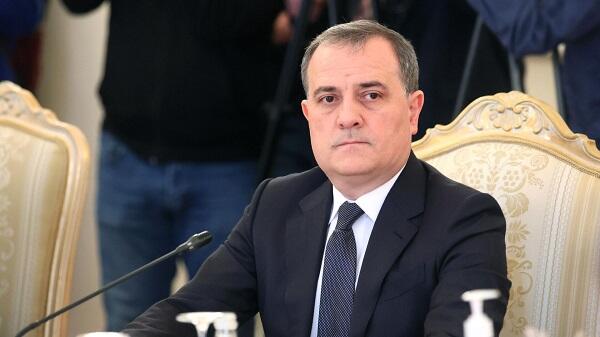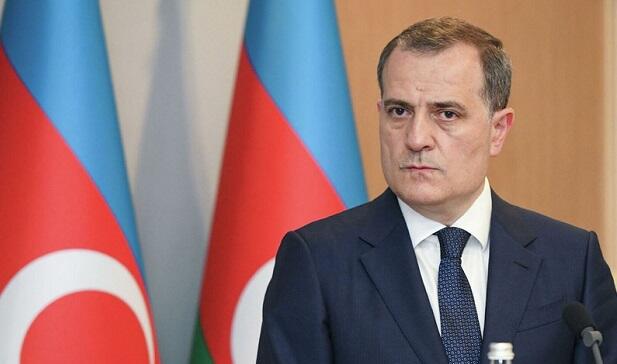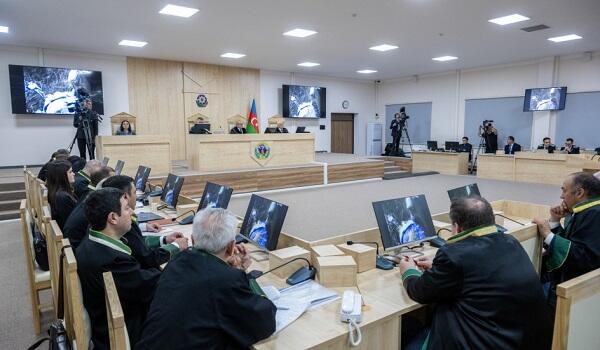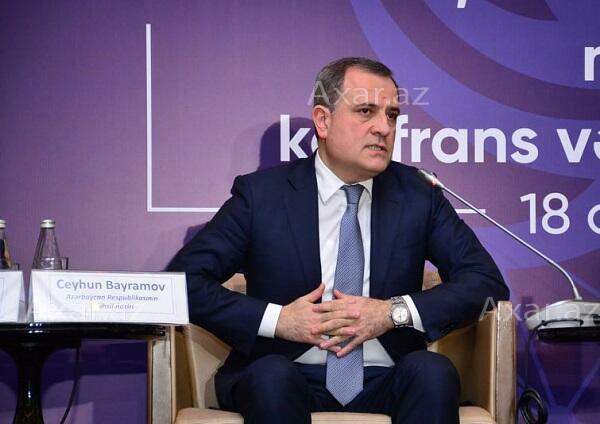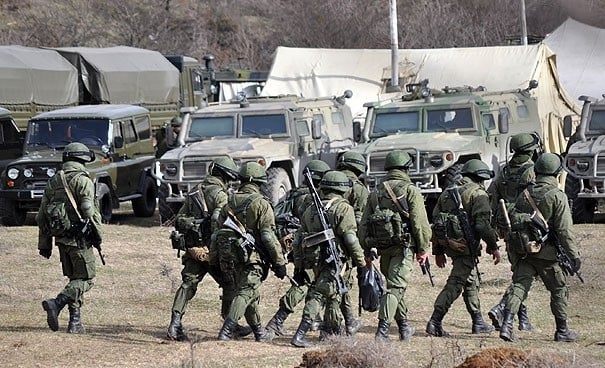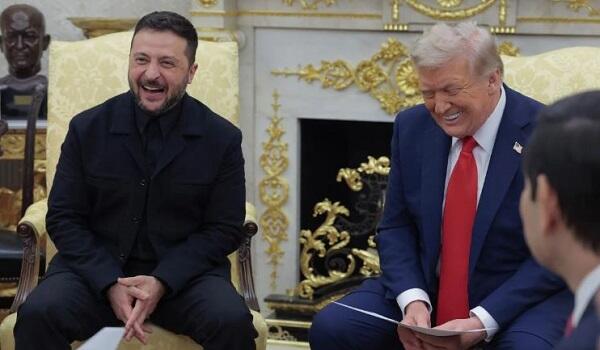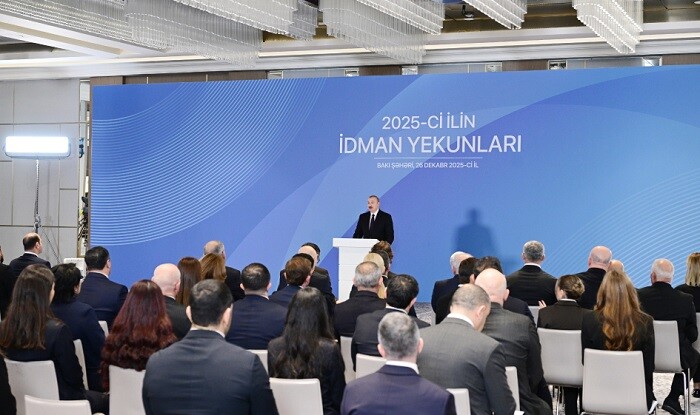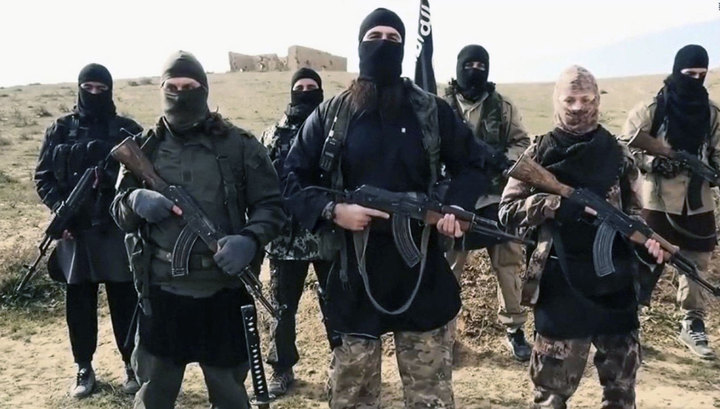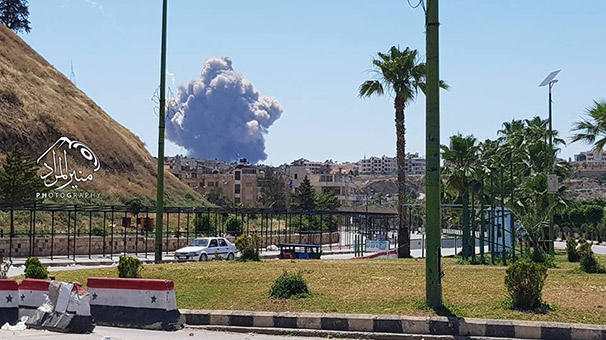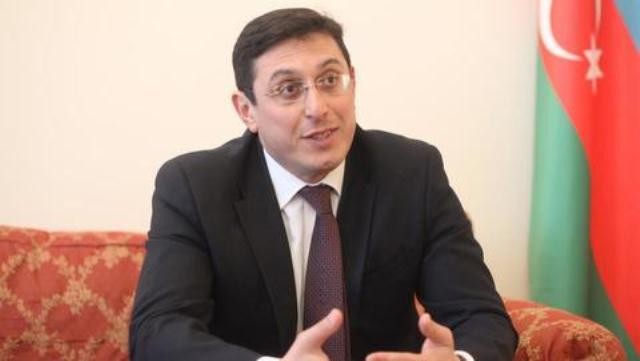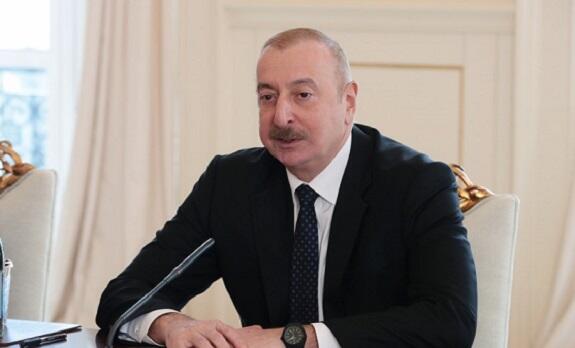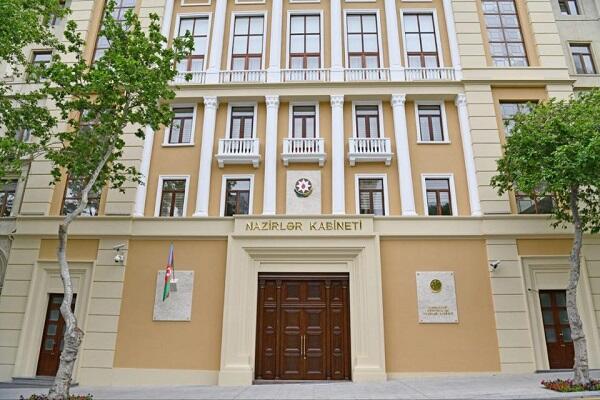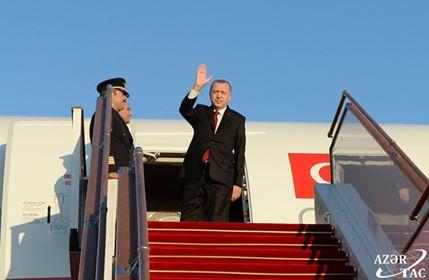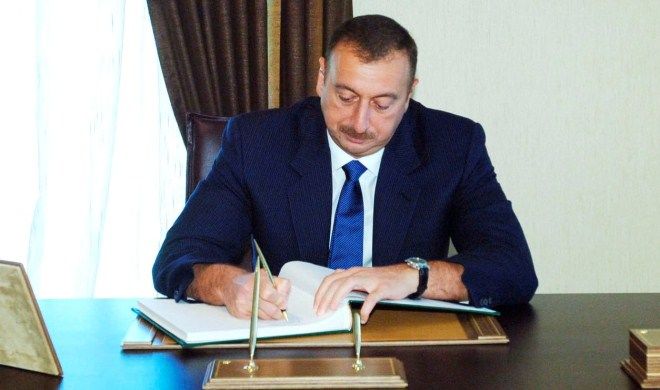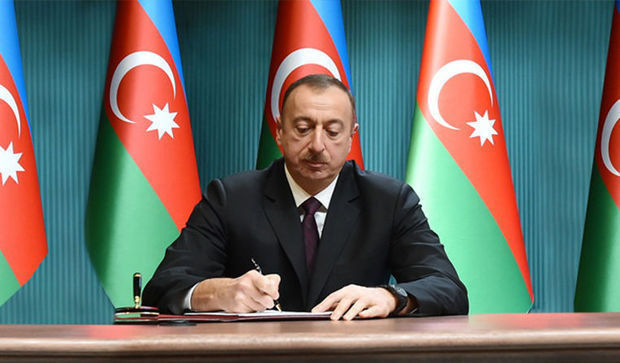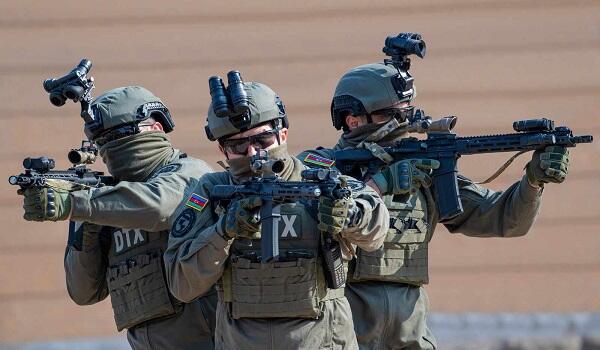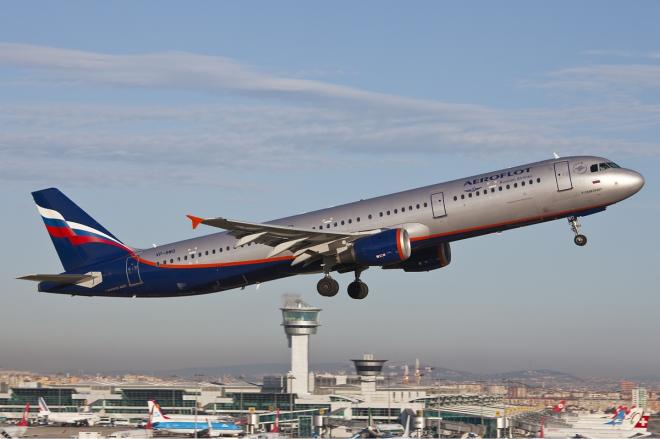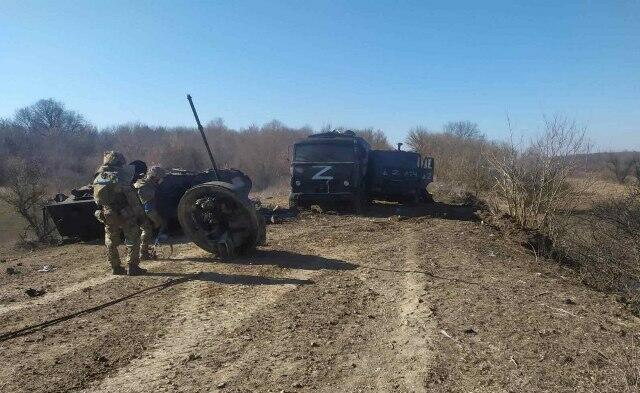"OSCE covertly accepts post-invasion status is main reason behind ceasefire violations," Mr Galib Israfilov, Azerbaijani Ambassador to Austria and Head of the Azerbaijani Permanent Mission to the OSCE said these words in his interwiev with APA Information Agency.
Azerbaijani Ambassador responded to the questions of APA relating the OSCE's position on recent escalation of tension on frontline and other issues.
We present the whole text of interwiev.
Question: How do you assess the OSCE’s reaction to the recent developments on the line of contact between Armenian and Azerbaijani troops?
Answer: As to the latest developments on the line of contact, the OSCE chairperson-in-office and the Minsk Group co-chairs made a statement condemning the violation of the ceasefire regime in the conflict zone. They expressed deep regret for the numerous human losses and urged the parties to return to the peace negotiations in no time. On the initiative of the German chairmanship, the OSCE Permanent Council held a special meeting in Vienna on 5 April to discuss the situation in the conflict zone and the OSCE Minsk Group’s mediatory efforts. To intensify the efforts towards a political settlement, Germany’s foreign ministry expressed its intent to use all means and mechanisms available with the OSCE. At last, German Foreign Minister Steinmeier told Armenian President Serzh Sargsyan in Berlin that the party which is interested in maintaining the status quo will face the risk of constant ceasefire violations. For this reason, the statements made by OSCE officials since 2 April 2016 can be considered an adequate and serious political message to the current situation in the negotiations process.
OSCE officials covertly accept the fact that the post-invasion status quo is the main reason behind the ceasefire violations. The position Azerbaijan has insistently announced at the highest level—that the illegal presence of Armenian troops in Azerbaijani territories is the main obstacle to a peaceful settlement of the conflict—proved right. For this reason, we think the main task the OSCE is supposed to accomplish is to accelerate the effective negotiations and also urge Armenia to pull out its troops from all occupied territories of Azerbaijan for a gradual and continued settlement of the conflict. Such a task corresponds to the OSCE Minsk Group co-chairs’ mandate which was adopted following the OSCE’s Budapest summit in 1994 and the requirements of the four well-known resolutions of the UN Security Council.
Question: What kind of work did the embassy carried out to bring to the international community the truth about the latest developments?
Answer: Bringing to the international community the truth about the Armenian-Azerbaijani conflict, exposing the aggressive policy of Armenia and the settlement of the conflict within the territorial integrity of Azerbaijan in accordance with relevant resolutions of the UN Security Council and numerous decisions and documents of other international organizations are main priorities of Azerbaijan’s foreign policy. Based on this, the embassy is regularly taking steps to raise awareness of the true nature of the conflict in international organizations based in Vienna.
In connection with the latest developments on the contact line, the embassy has informed the OSCE of Azerbaijan’s stance regarding the conflict’s settlement, Armenia’s armed provocations on the contact line and shelling of civilian population and facilities, and the flagrant violation by Armenia of the norms of international humanitarian law. At the same time, in order to inform the public about the latest developments, we gave interviews to media outlets of the countries the embassy is accredited to and held various events in several influential think tanks. I would like to emphasize one fact that the Azerbaijani side accepted all the invitations to attend open public debates and joint briefings held in Vienna and didn’t avoid dialogues and discussions. Unfortunately, Armenia’s ambassador to Vienna is avoiding public debates due to lack of sufficient arguments. This once again shows that Armenia adheres to the non-constructive position and is not interested in resolving the conflict.
Question: Regarding the latest developments on the contact line, the Minsk Group and the Permanent Council held meetings. Are you satisfied with the debates held as part of these meetings and the position of the Minsk Group countries? Is any meeting expected in the near future?
Answer: The aggravation of the situation on the contact line was on the spotlight of the OSCE, and as you pointed out, a number of meetings were held on this issue. The Minsk Group’s April 5 meeting in Vienna was held in the absence of the conflict parties – Azerbaijan and Armenia.
In this regard, I would like to stress that the OSCE Minsk Group is the only mediating body with the mandate to resolve the Armenian-Azerbaijani conflict. This mandate is based on the relevant UN Security Council resolutions. Unfortunately, the conflict remains unsolved due to Armenia’s aggressive policy and the inaction of the Minsk Group co-chairs. The principled position of Azerbaijan is that the Minsk Group is a format enables the parties to achieve a peaceful solution to the conflict. The Minsk Group includes several influential states that can to make a positive contribution to resolving the conflict. Thus, Azerbaijan calls on the Minsk Group to be more active in resolving the conflict.
The Minsk Group’s statement of April 5 on the recent developments on the line of contact between Armenian and Azerbaijani troops can be considered promising. The statement once again stressed the importance of intensifying the negotiations on an early peaceful and comprehensive settlement of the conflict. The Azerbaijani side welcomes the Minsk Group’s call and remains committed to a peaceful resolution to the conflict. At the same time, the Azerbaijani side expects the Minsk Group will take effective steps to prevent Armenia from taking provocative and illegal actions on the contact line of troops and in Azerbaijan’s occupied territories and to urge Armenia to take a constructive position at the negotiating table.
As is known, the Minsk Group co-chairs visited both Azerbaijan and Armenia to conduct talks over the recent escalation on the line of contact between Azerbaijani and Armenian troops. The co-chairs, in turn, informed the OSCE Chairman-in-Office of the results of the talks held in Azerbaijan and Armenia. Moreover, the co-chairs are likely to make another statement in this regard.
Question: Germany, as OSCE chairing country, has proposed a seven-point plan on the settlement of the Nagorno-Karabakh conflict. Have the embassy been informed about the details of the plan?
Answer: Special attention from Germany as OSCE chairing country to the Armenian-Azerbaijani conflict, which is one of the most serious threats to the security of the OSCE Area, was expected. Presidency has a special responsibility for the decision-making process of the OSCE, as well as for the activities of the Minsk Group and its co-chairs.
In particular, Azerbaijan welcomes the call of the OSCE Chairman-in-Office Frank-Walter Steinmeier that the status quo is unsustainable and assesses this as an indication of the will of the German Chairmanship for a successful and early conclusion of negotiations.
Question: In what form does the permanent mission work with the Minsk Group?
Answer: I state once again that Azerbaijan is a member of the Minsk Group. Azerbaijan recognizes the Minsk Group as an important format for the settlement of the Armenian-Azerbaijani conflict and wants the revival of its activities. Based on this, the embassy regularly puts forward initiatives in connection with the activation of the Minsk Group’s activities and a comprehensive discussion of the solution to the conflict, and holds consultations with the group members, including the co-chairs countries.
We hope that the OSCE Minsk Group to be more active and make serious efforts towards the settlement of the Armenian-Azerbaijani conflict.
